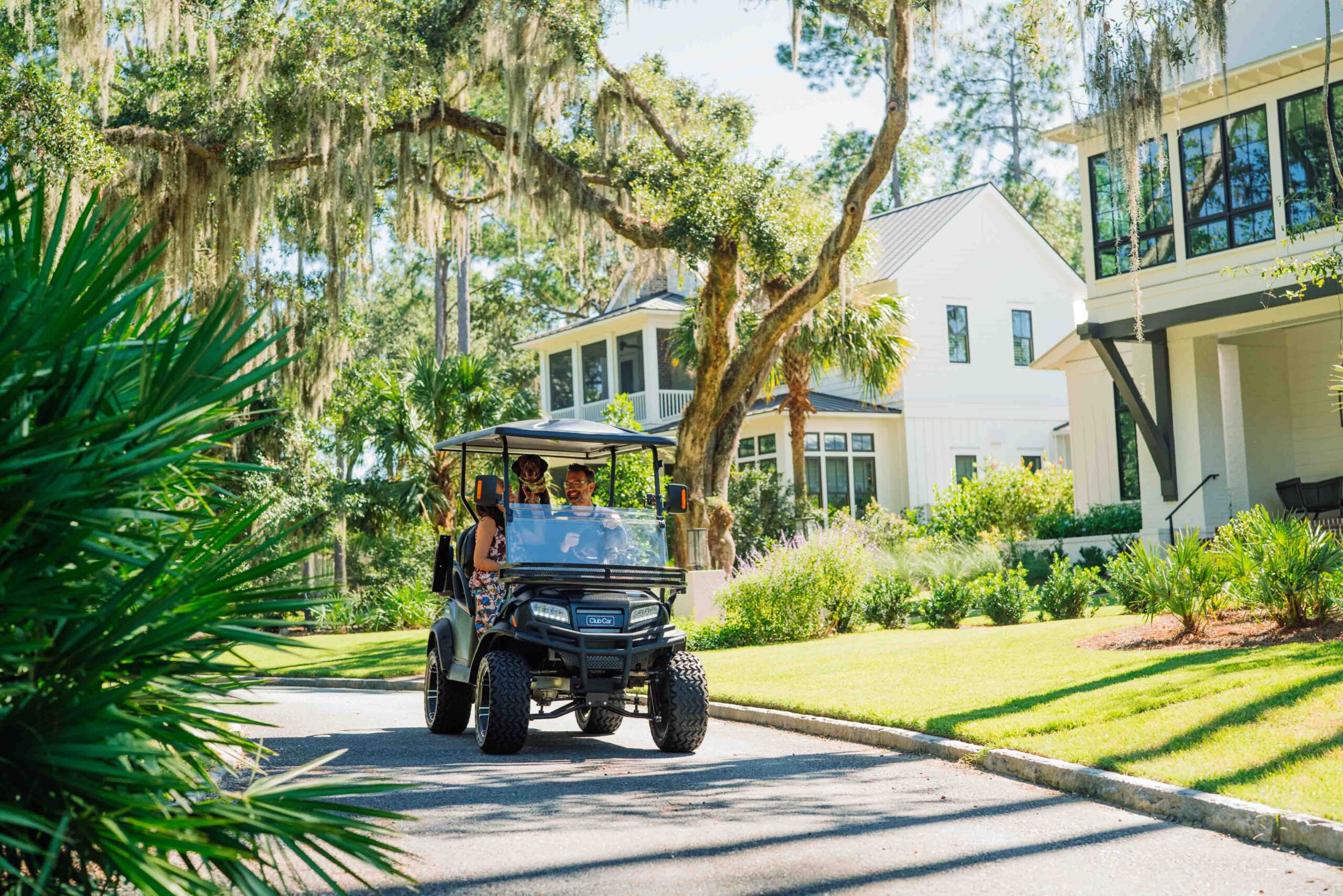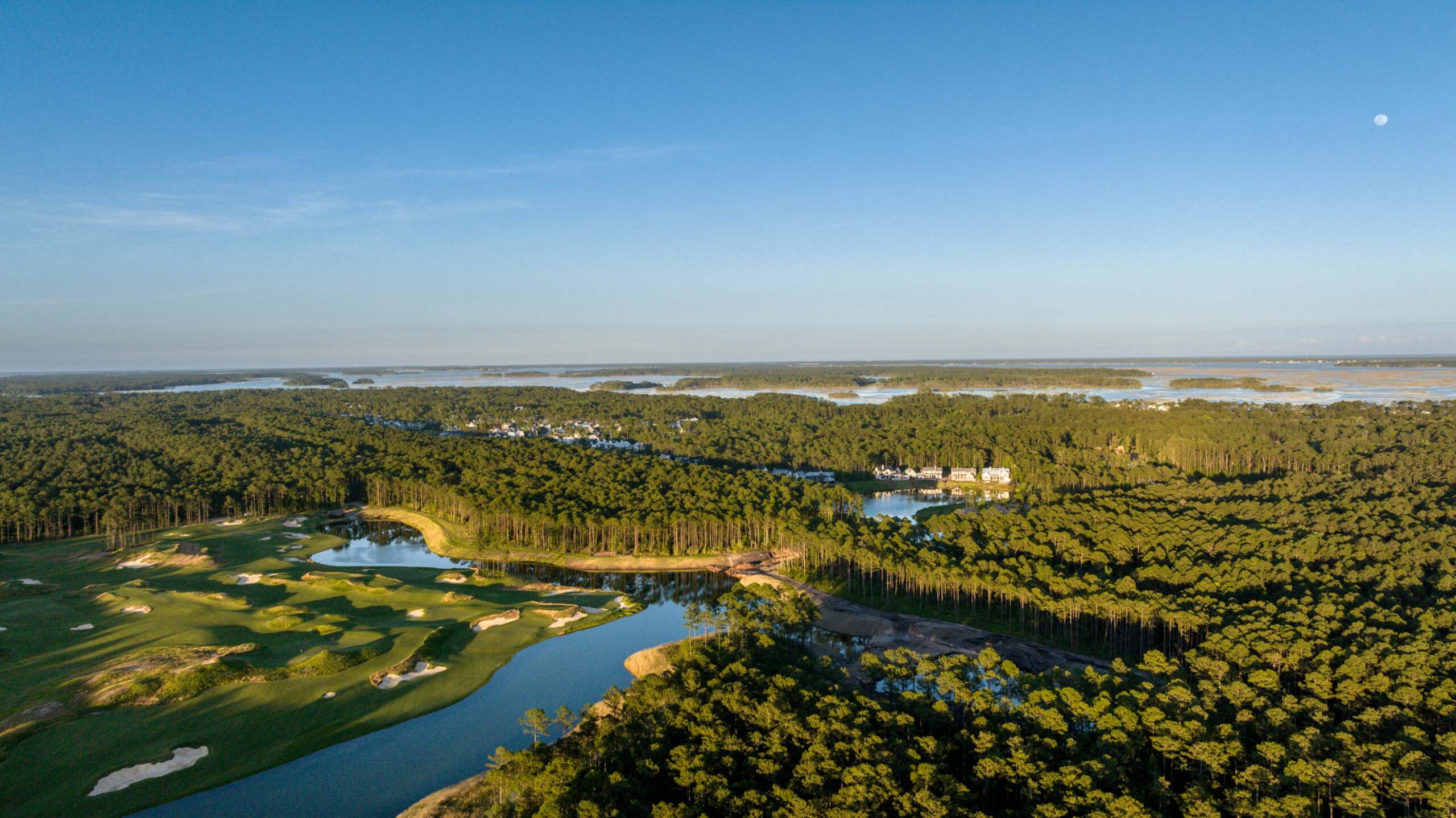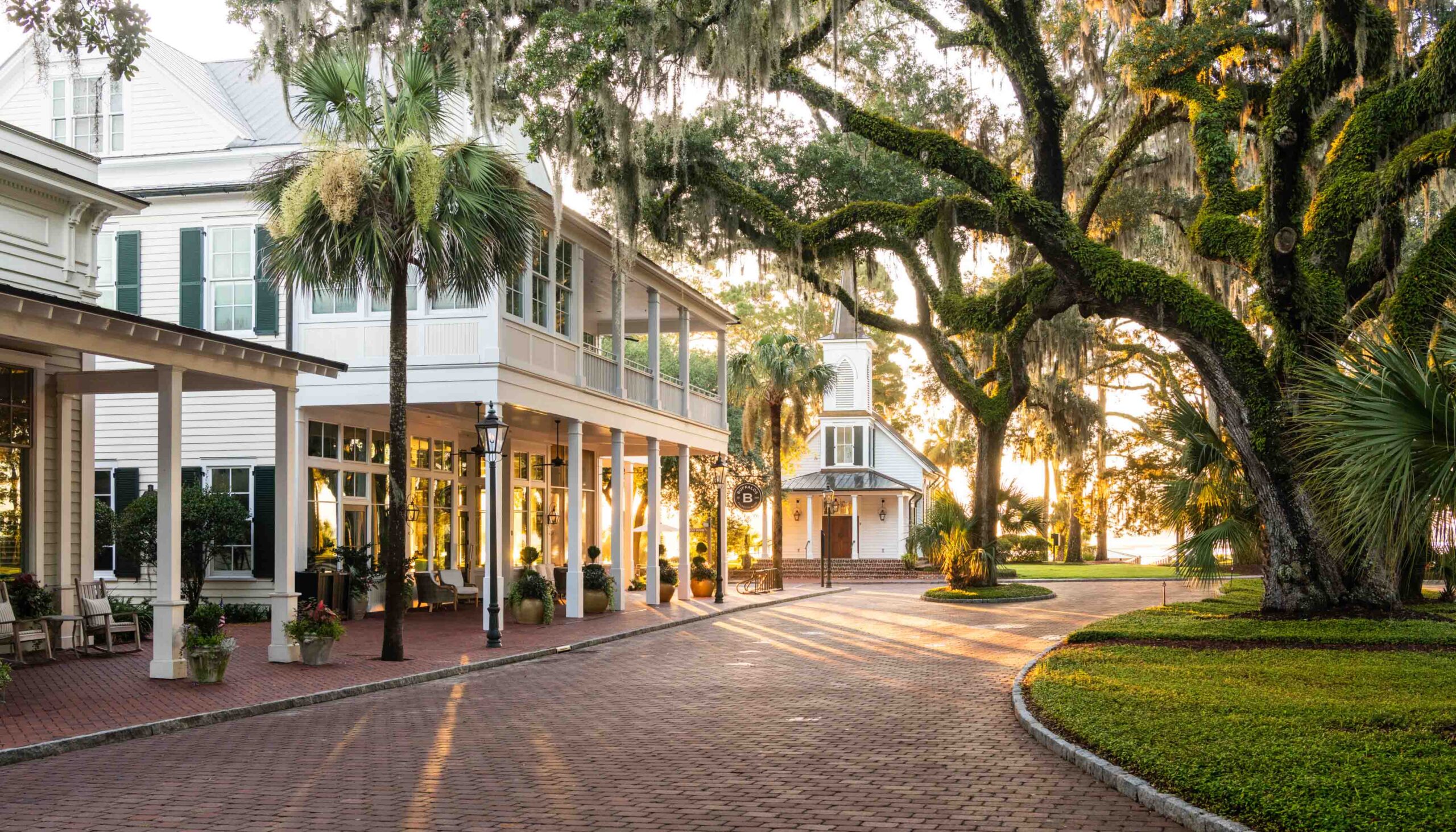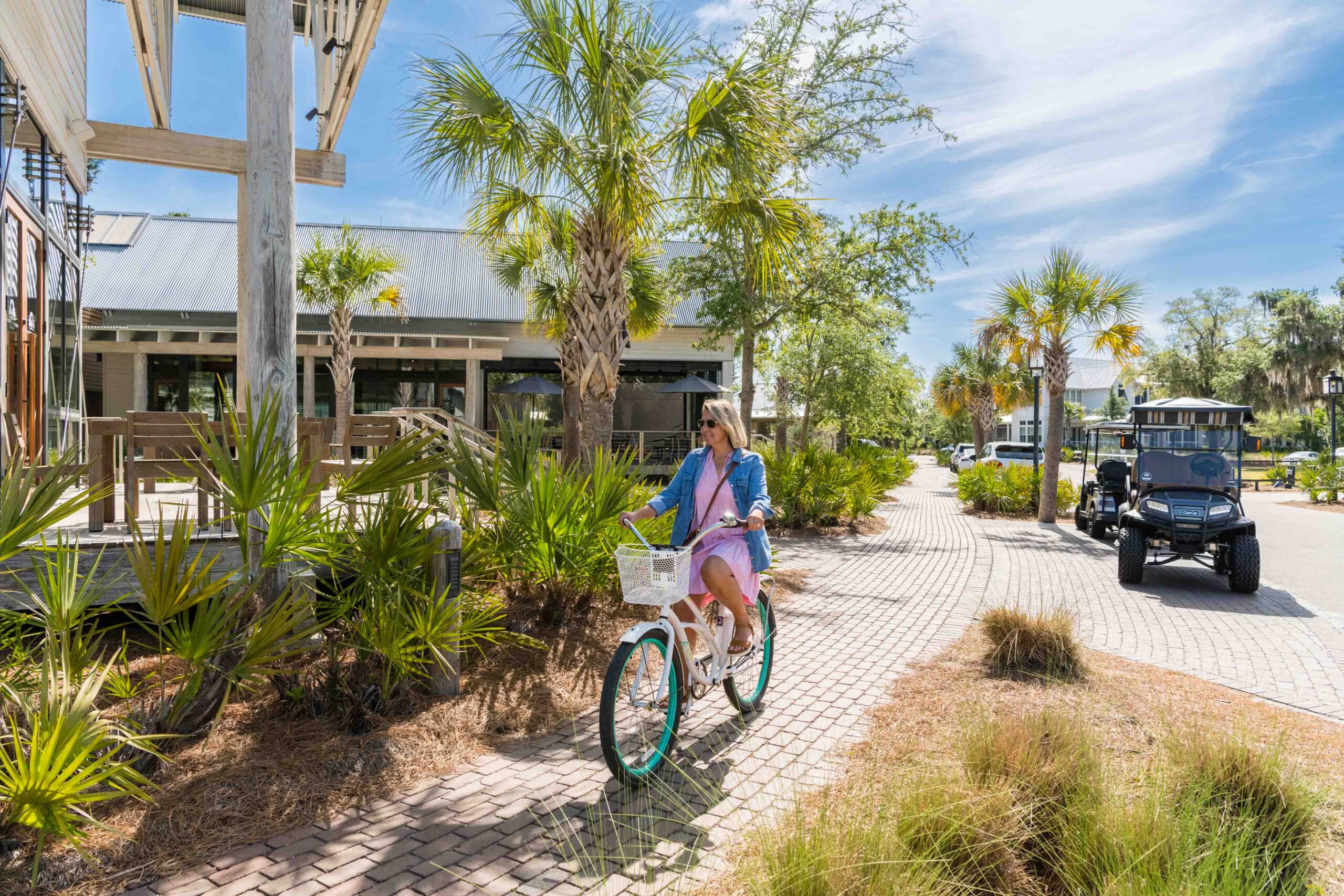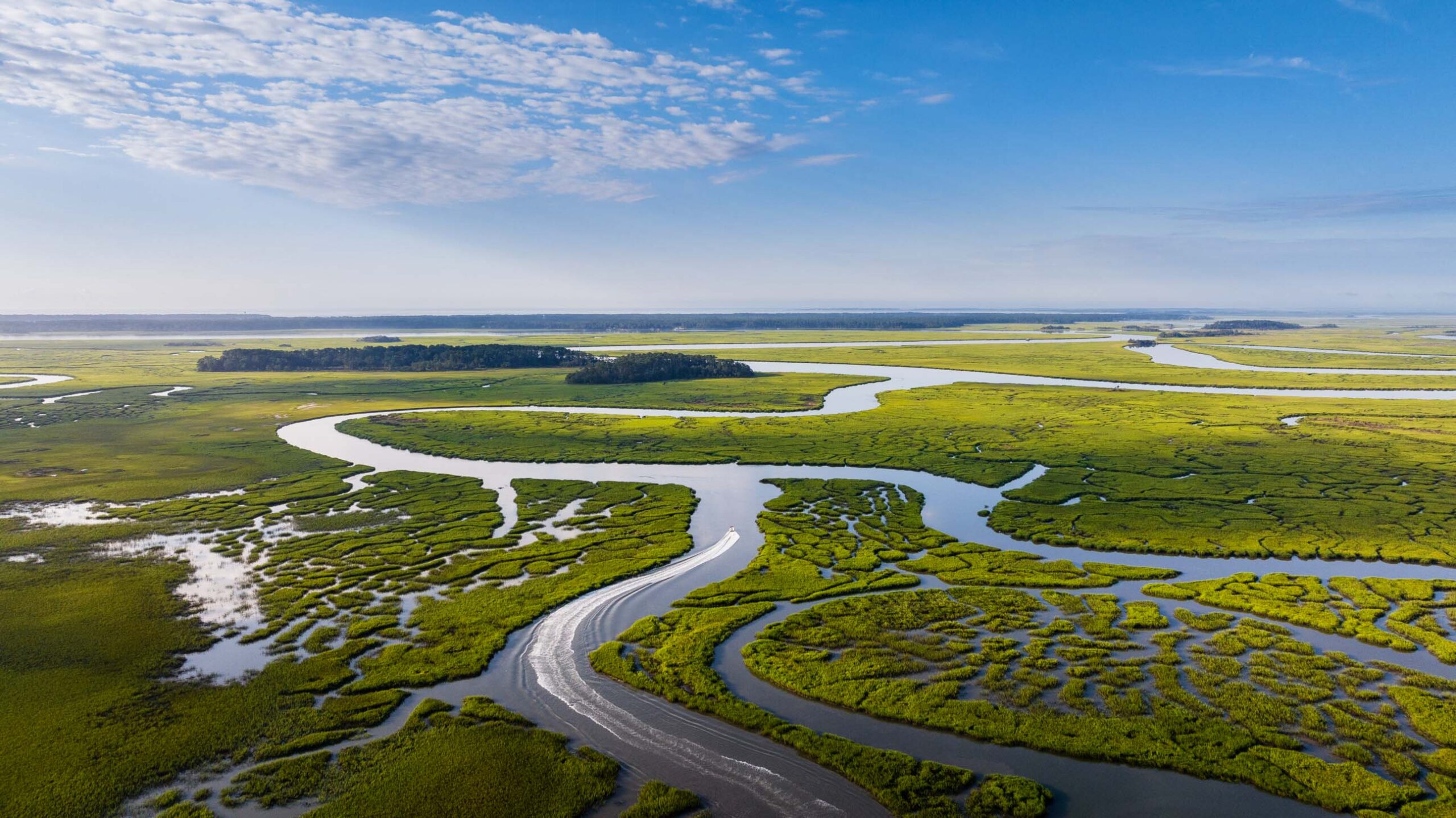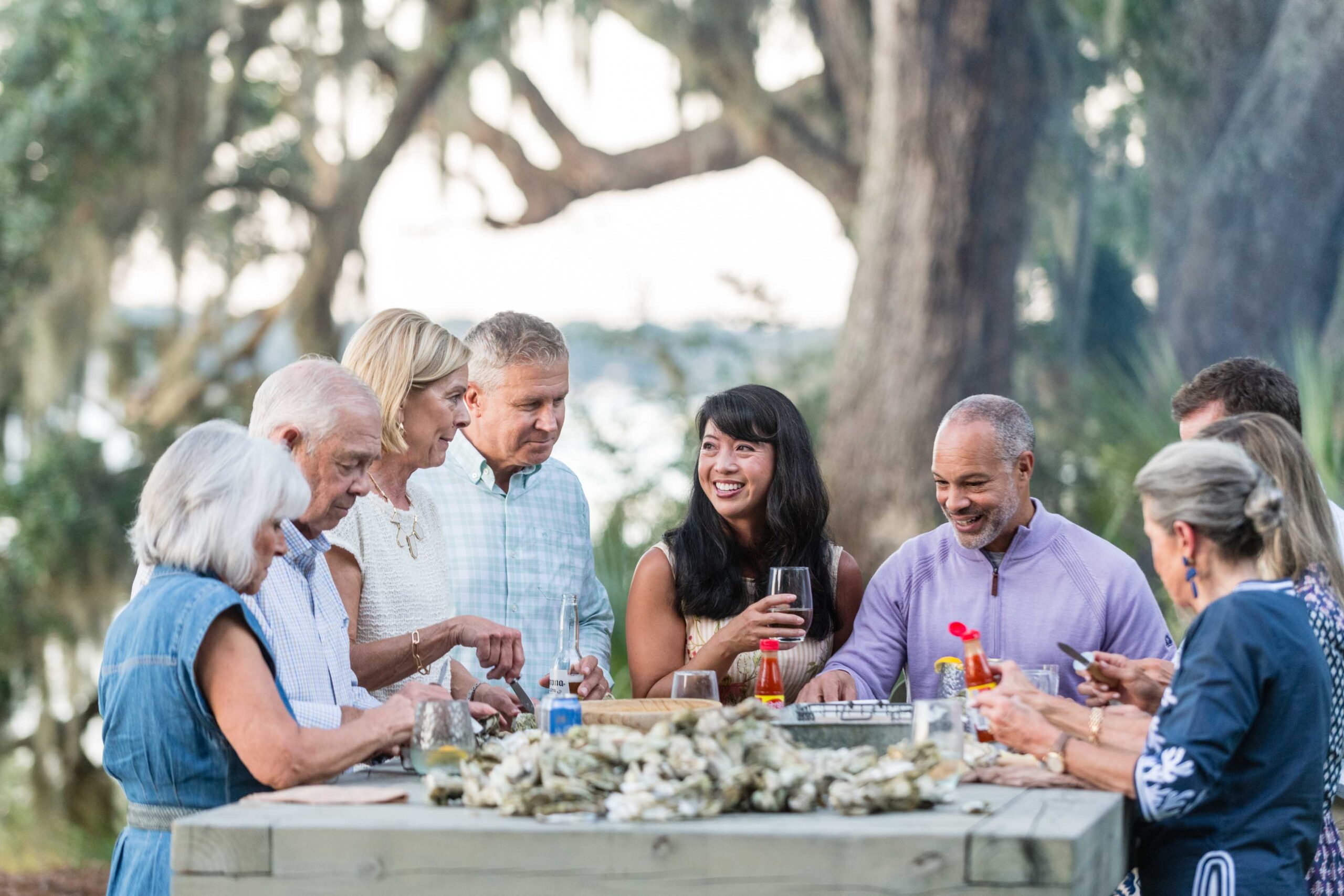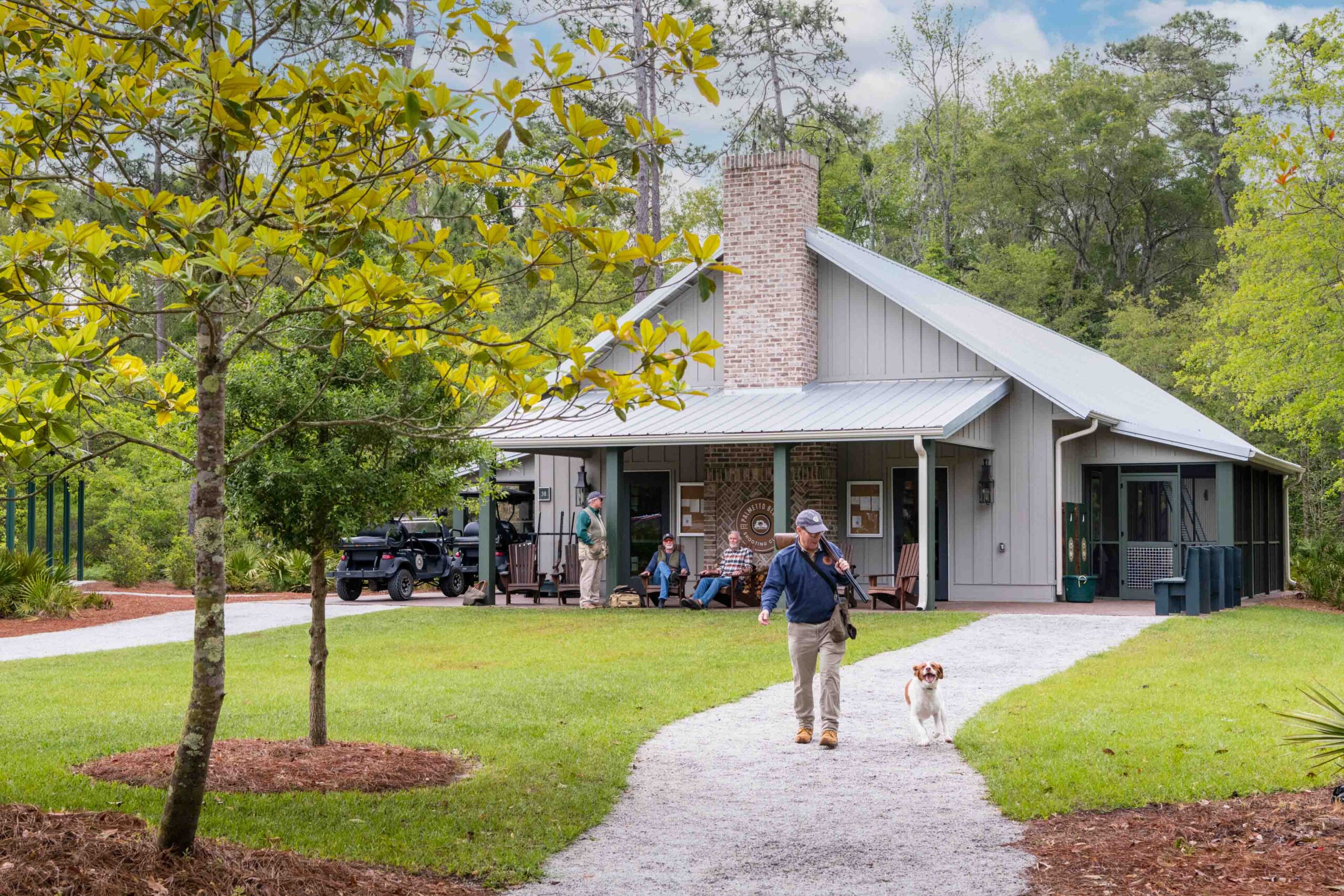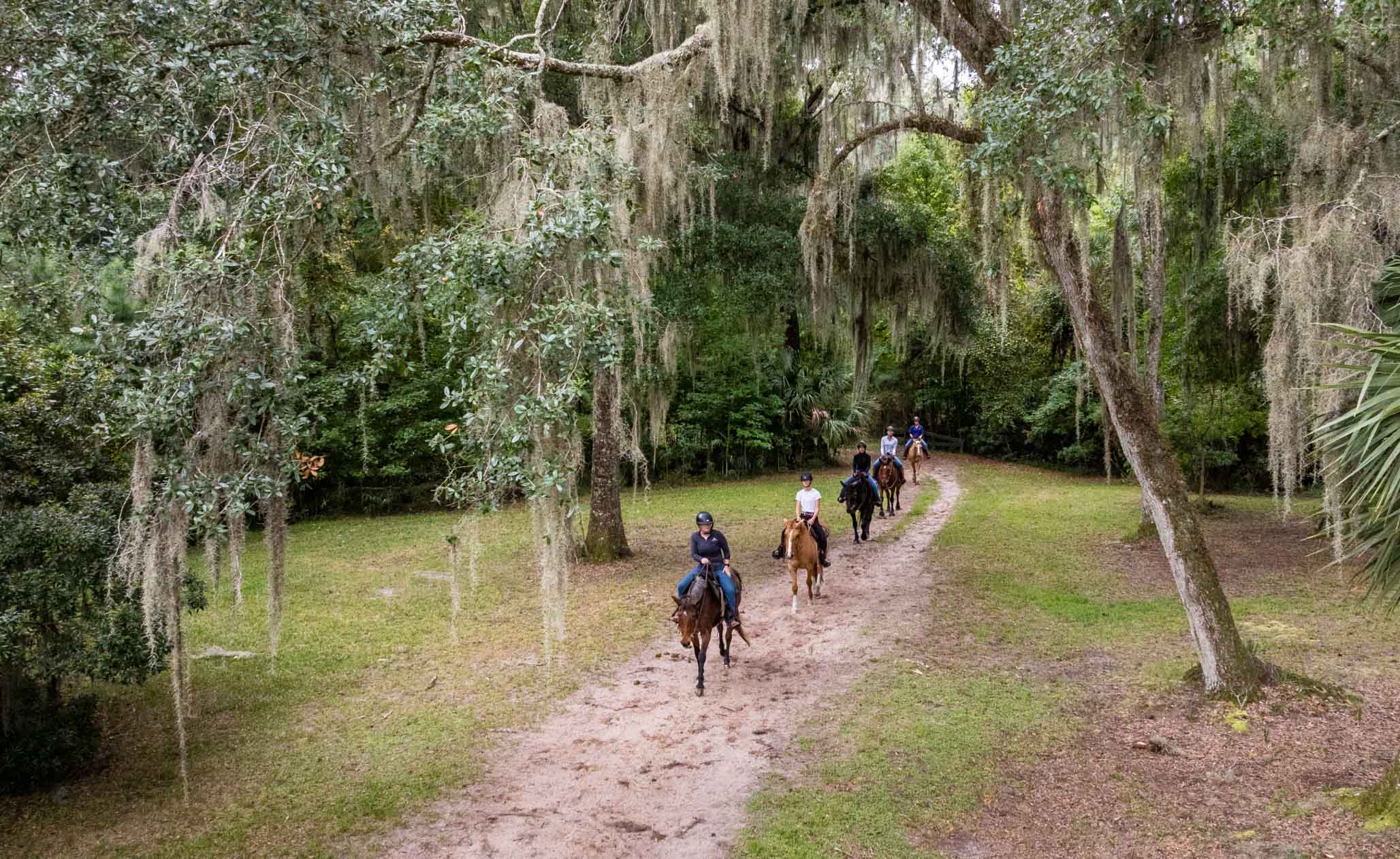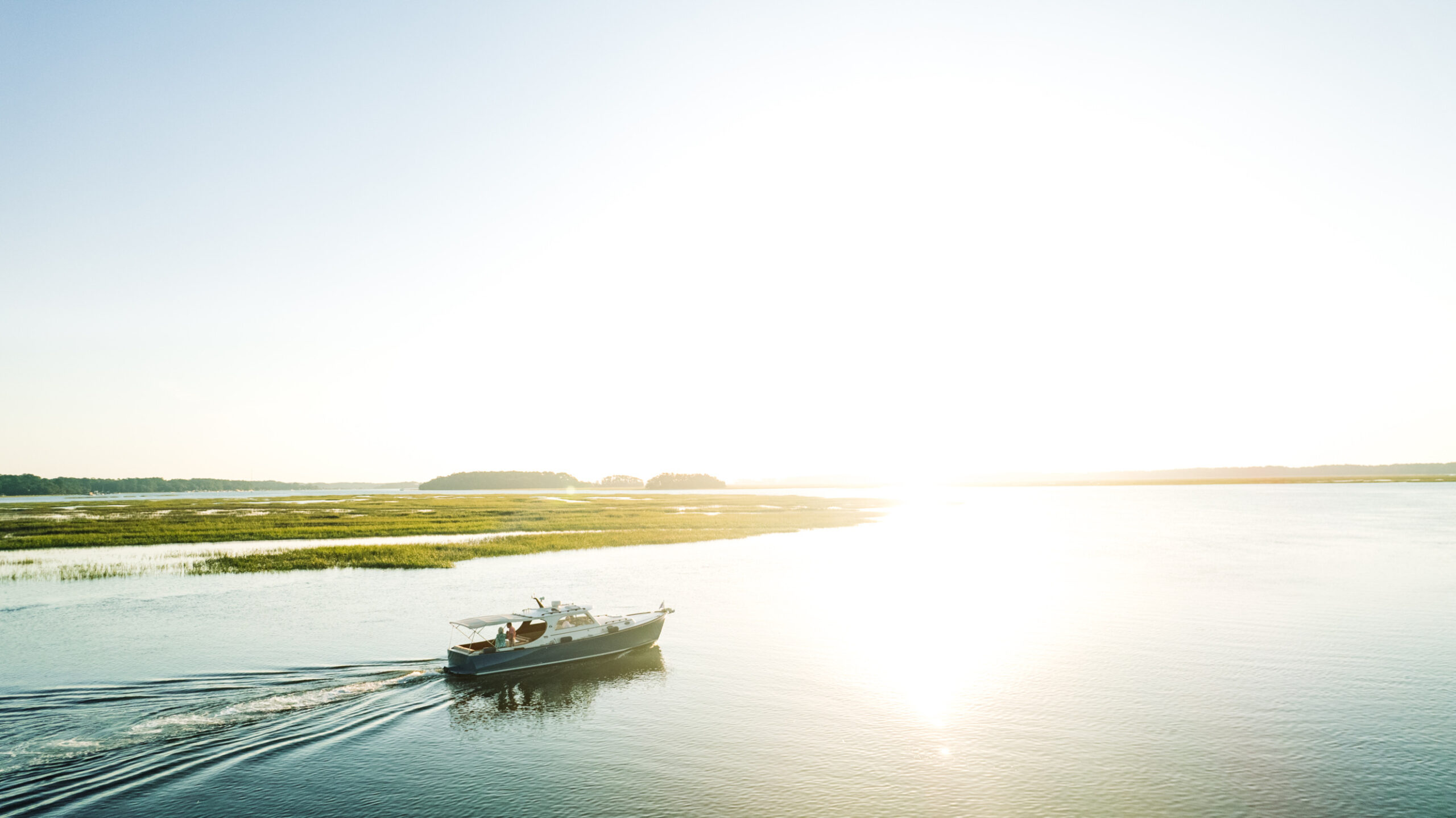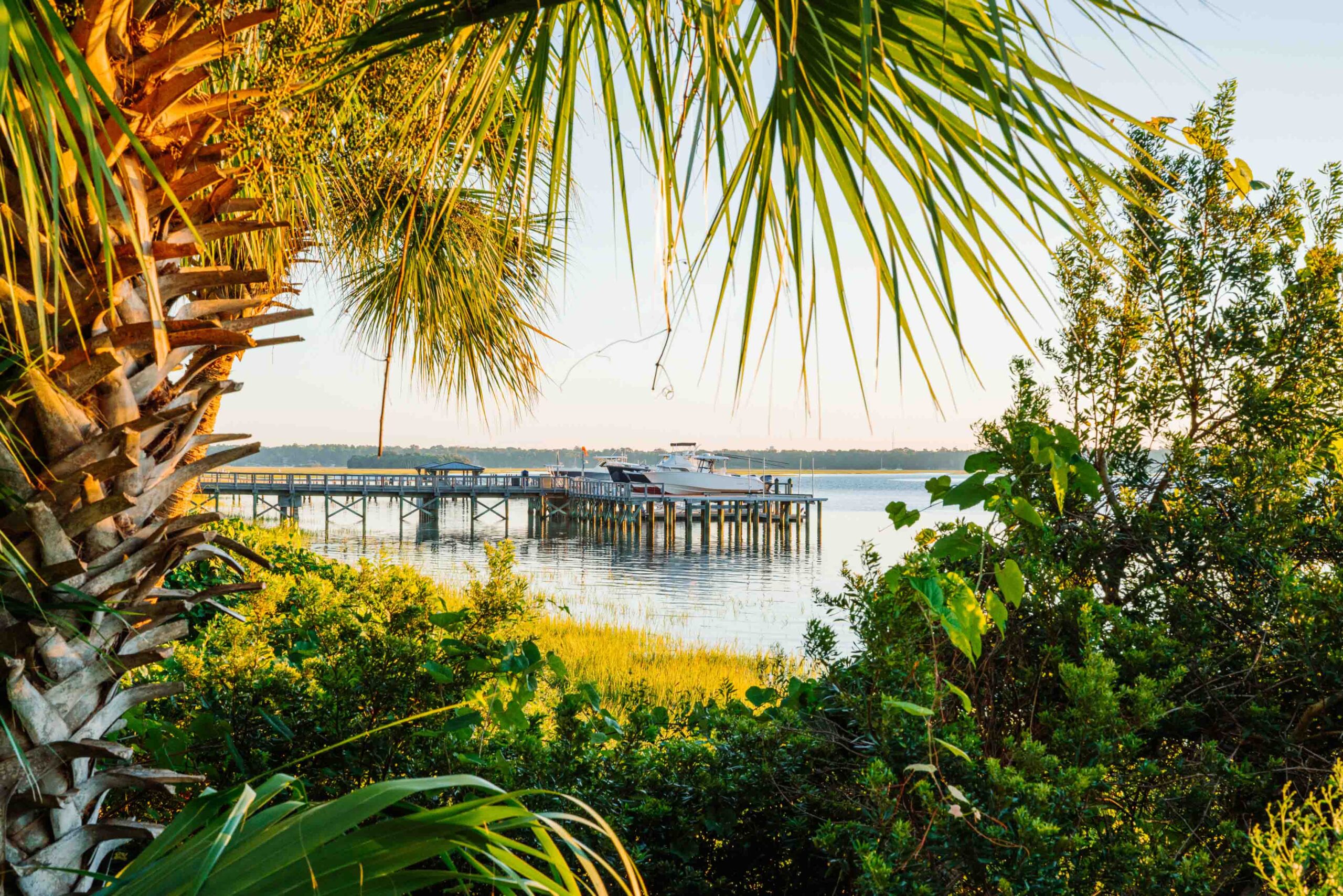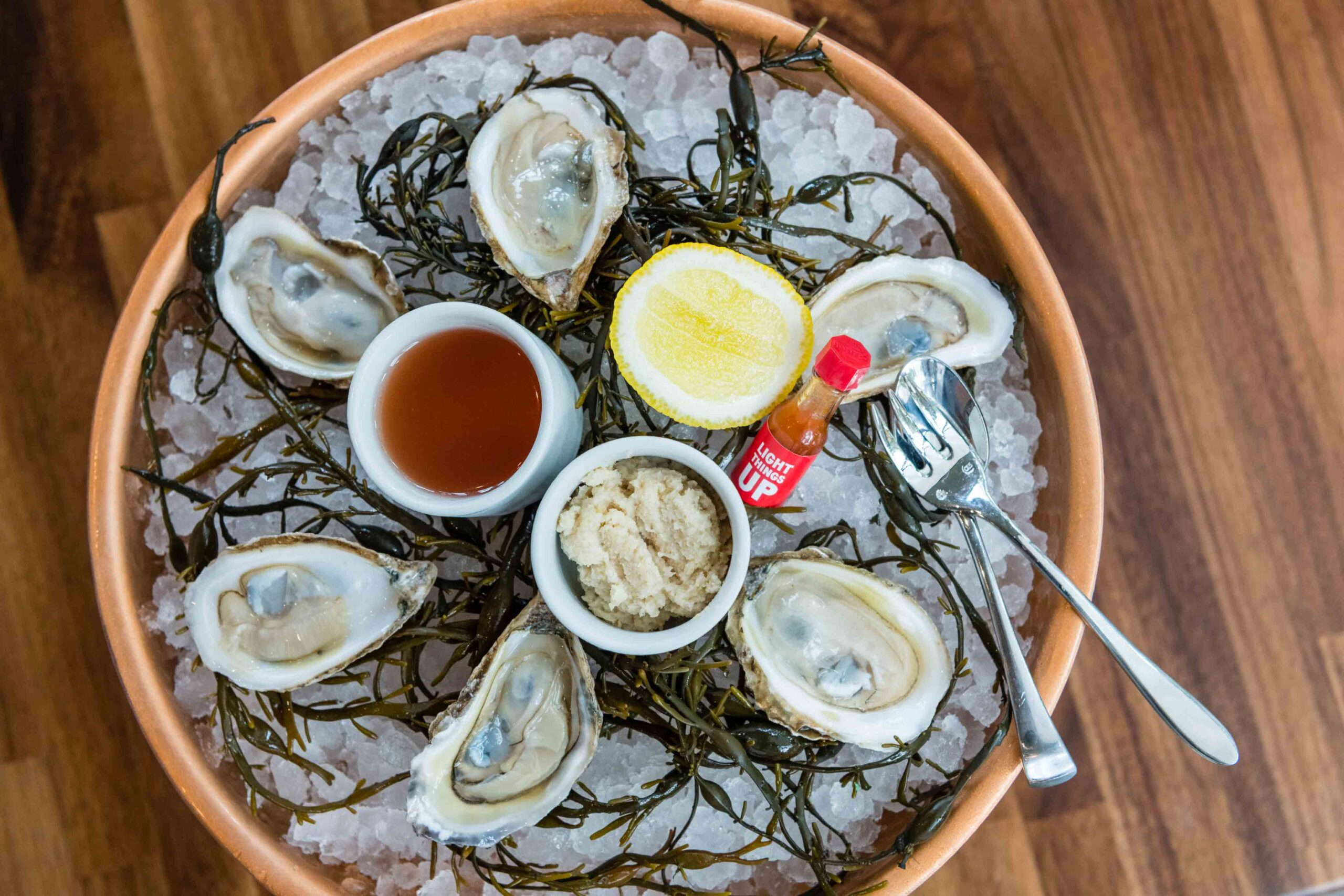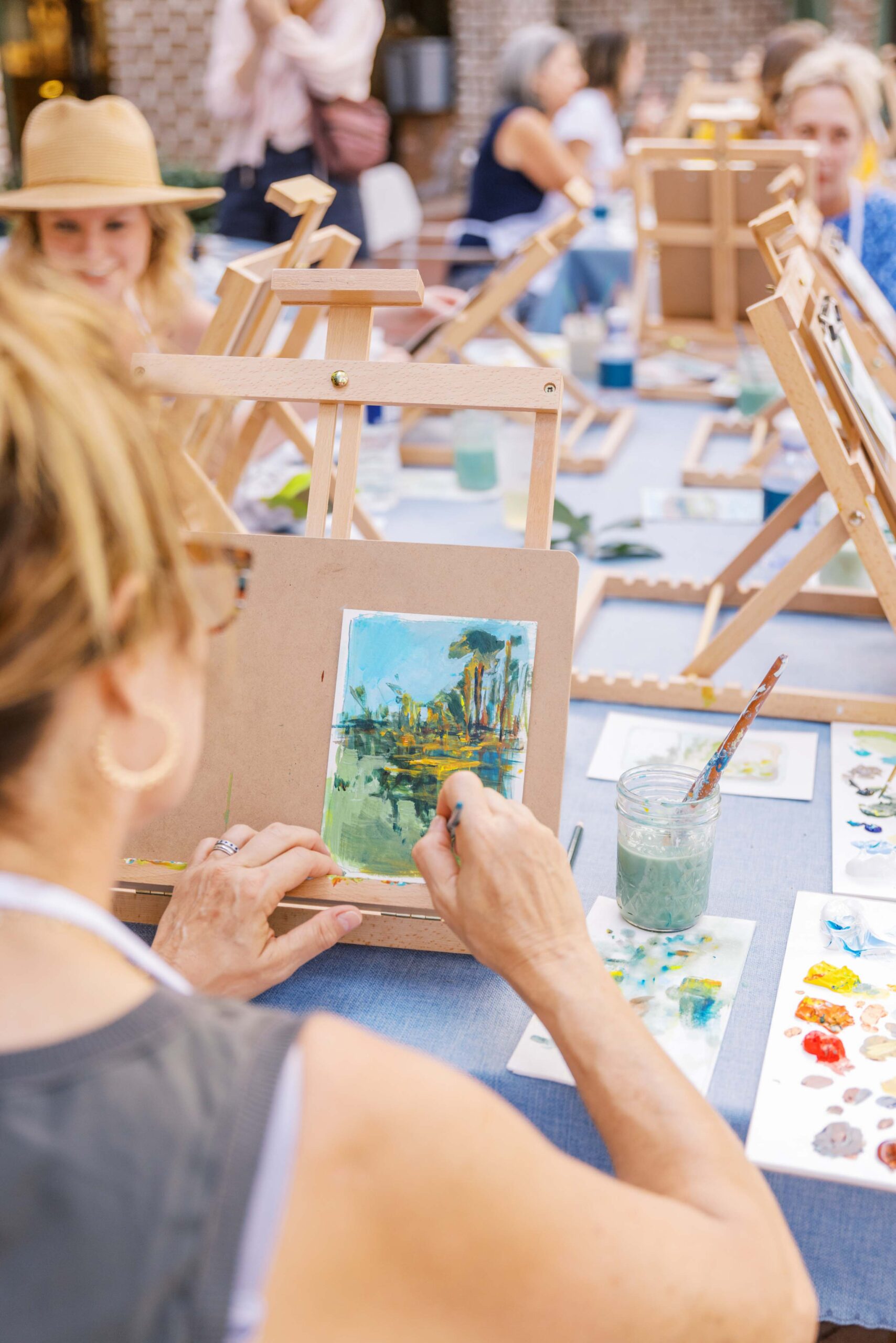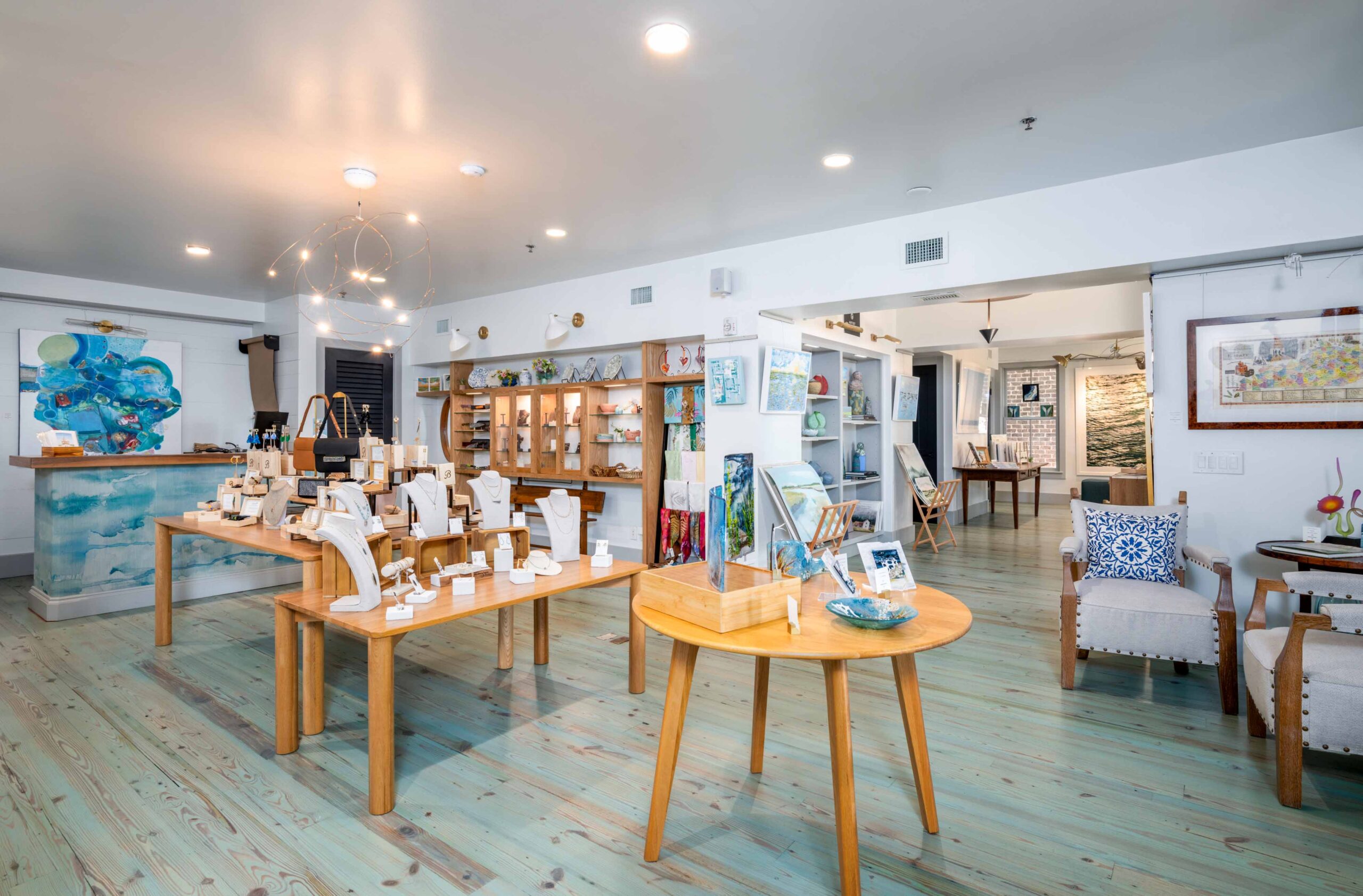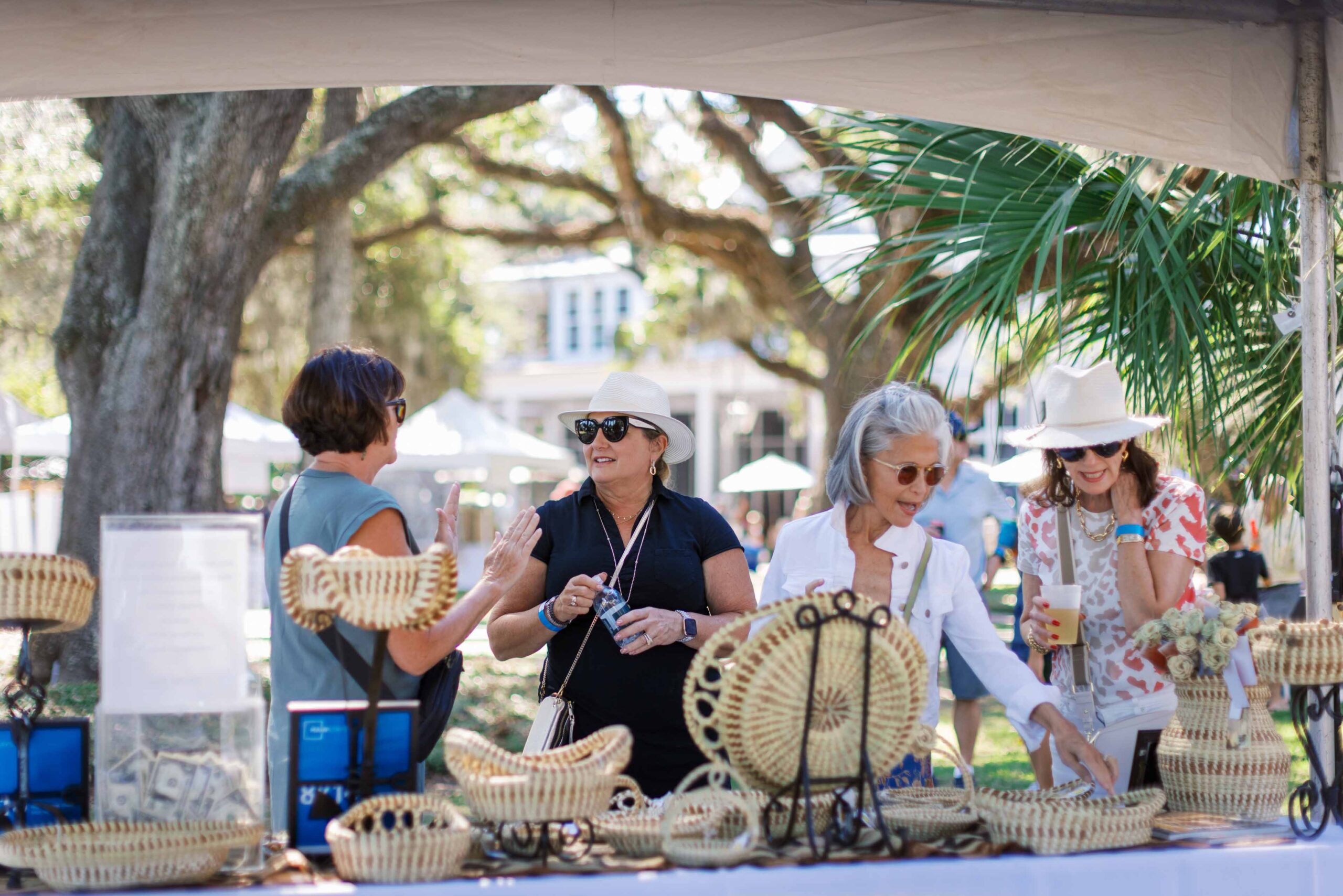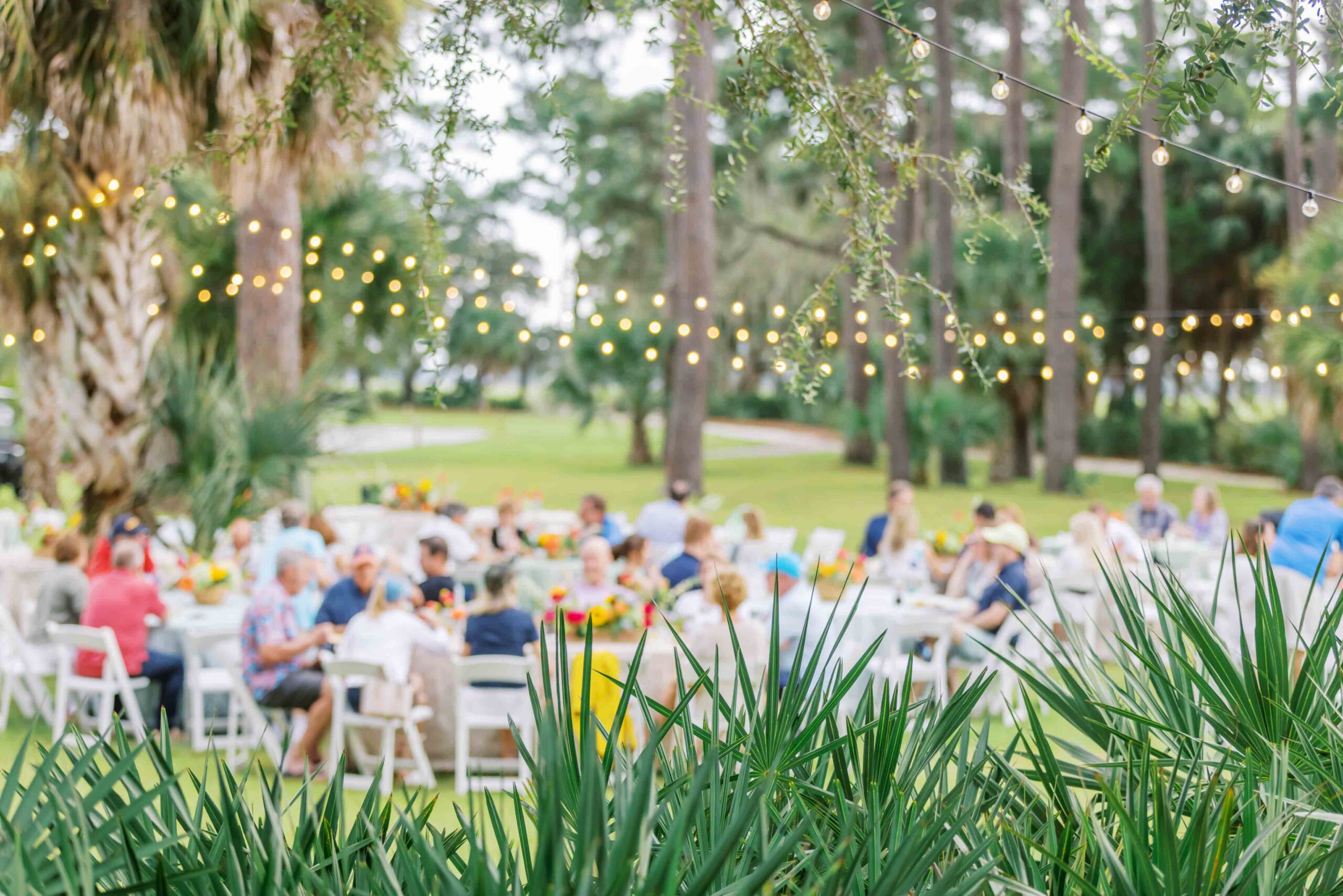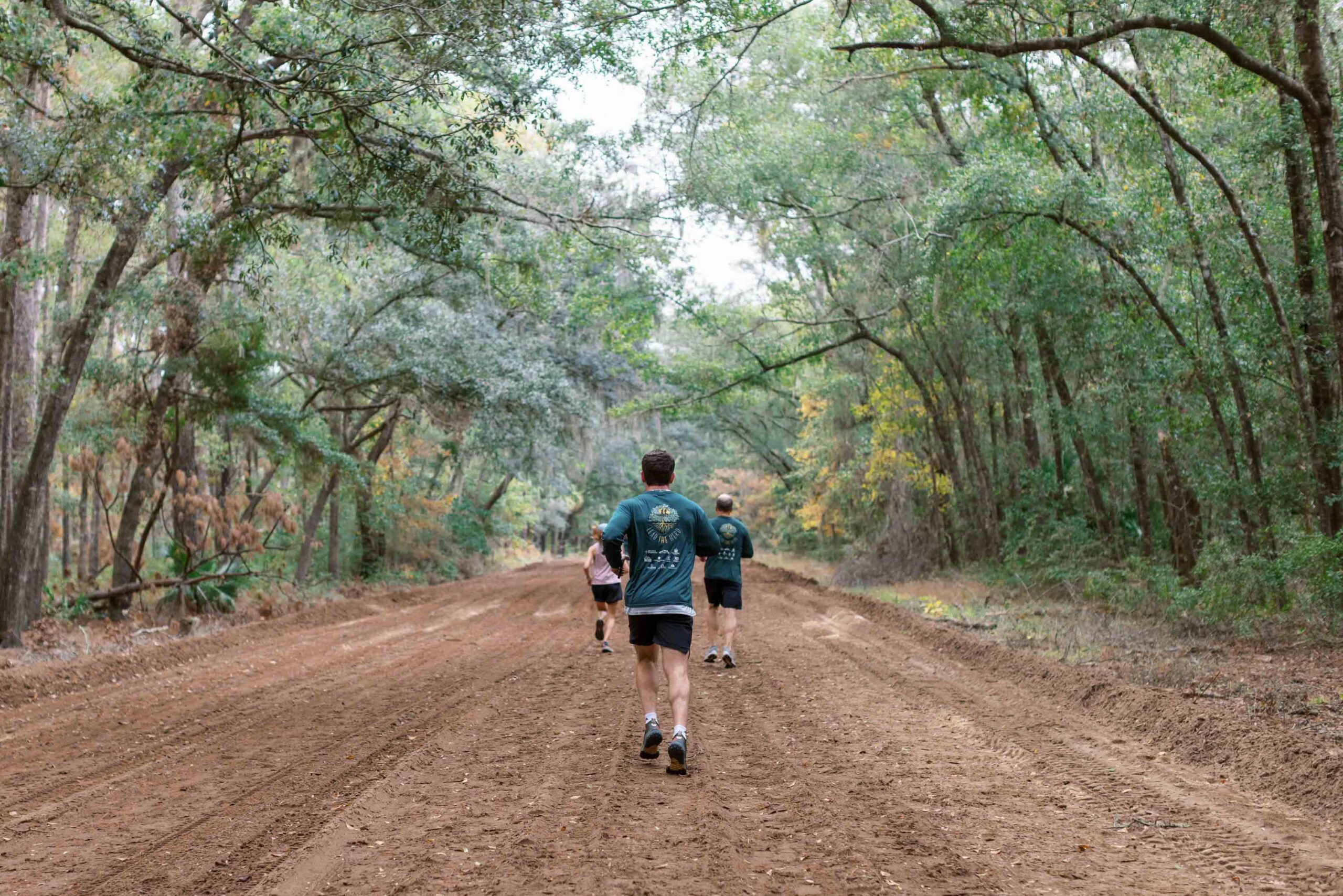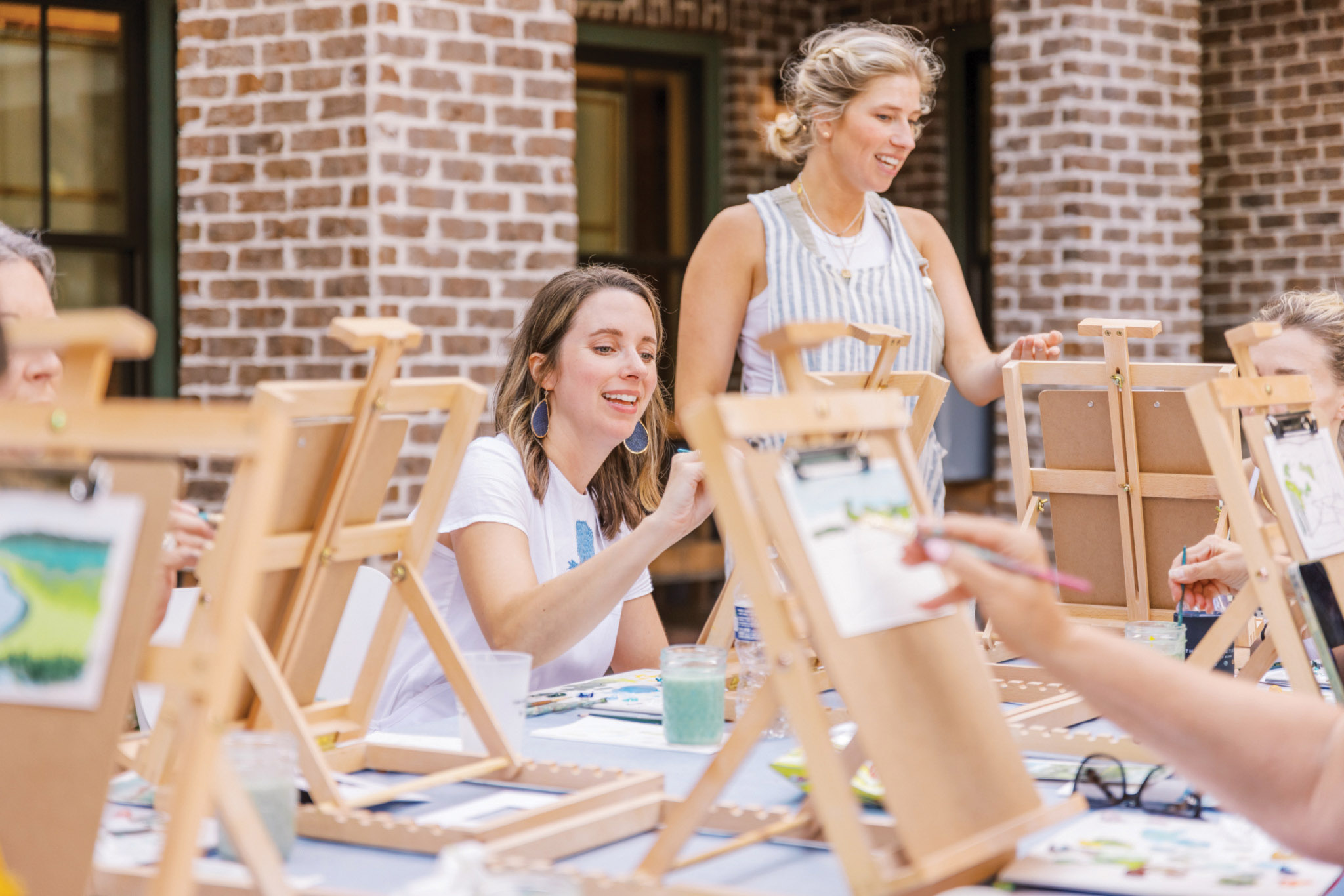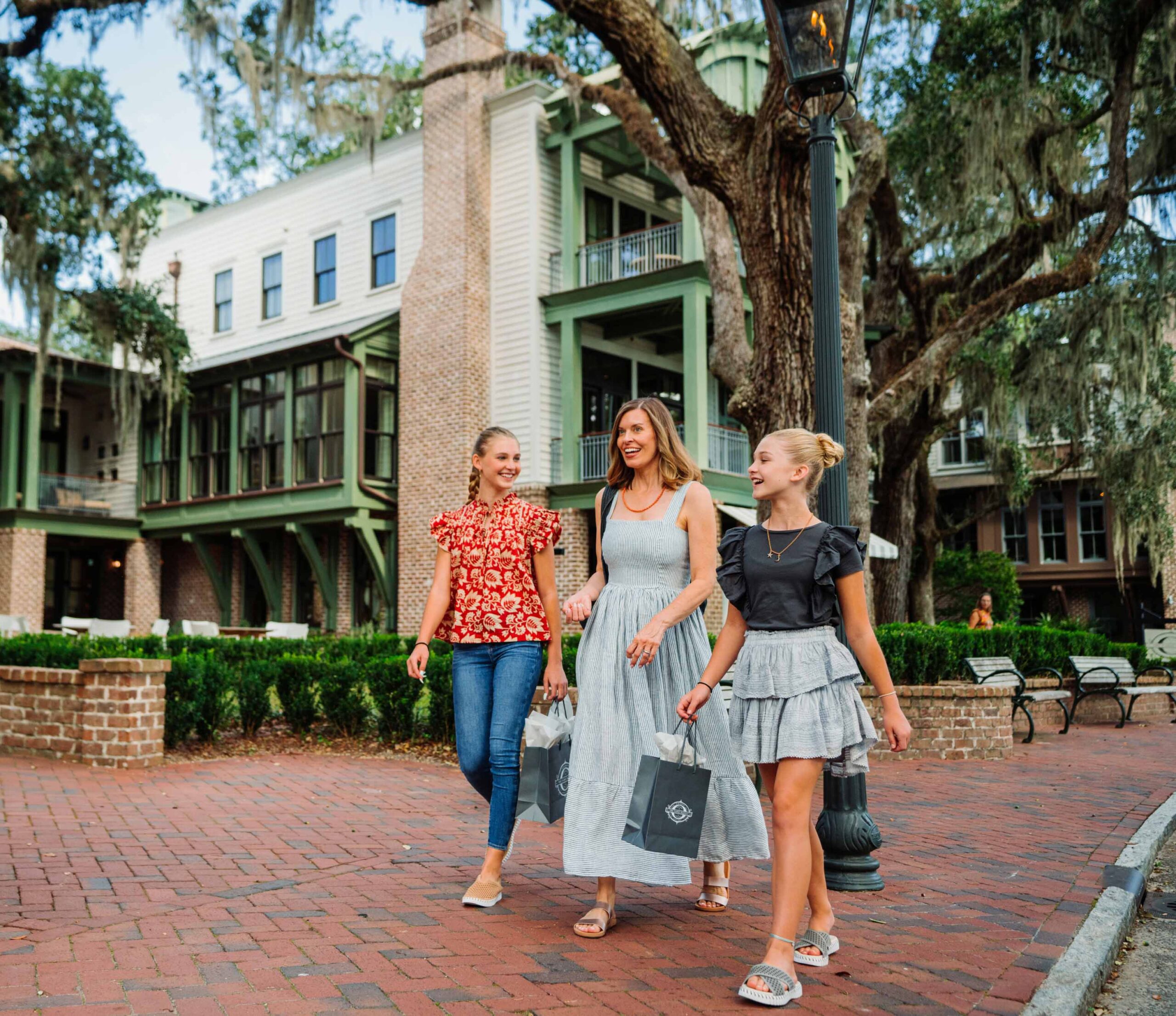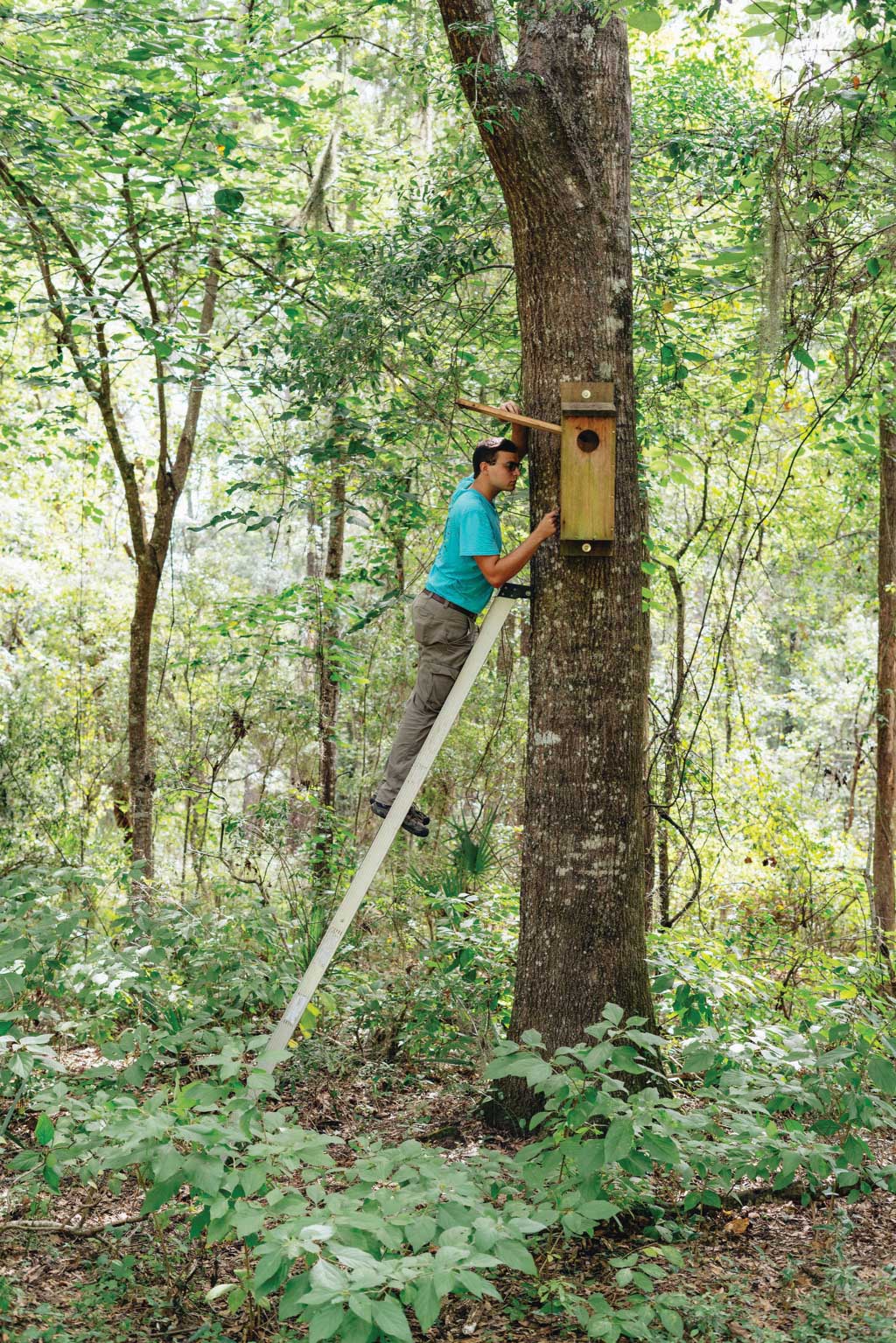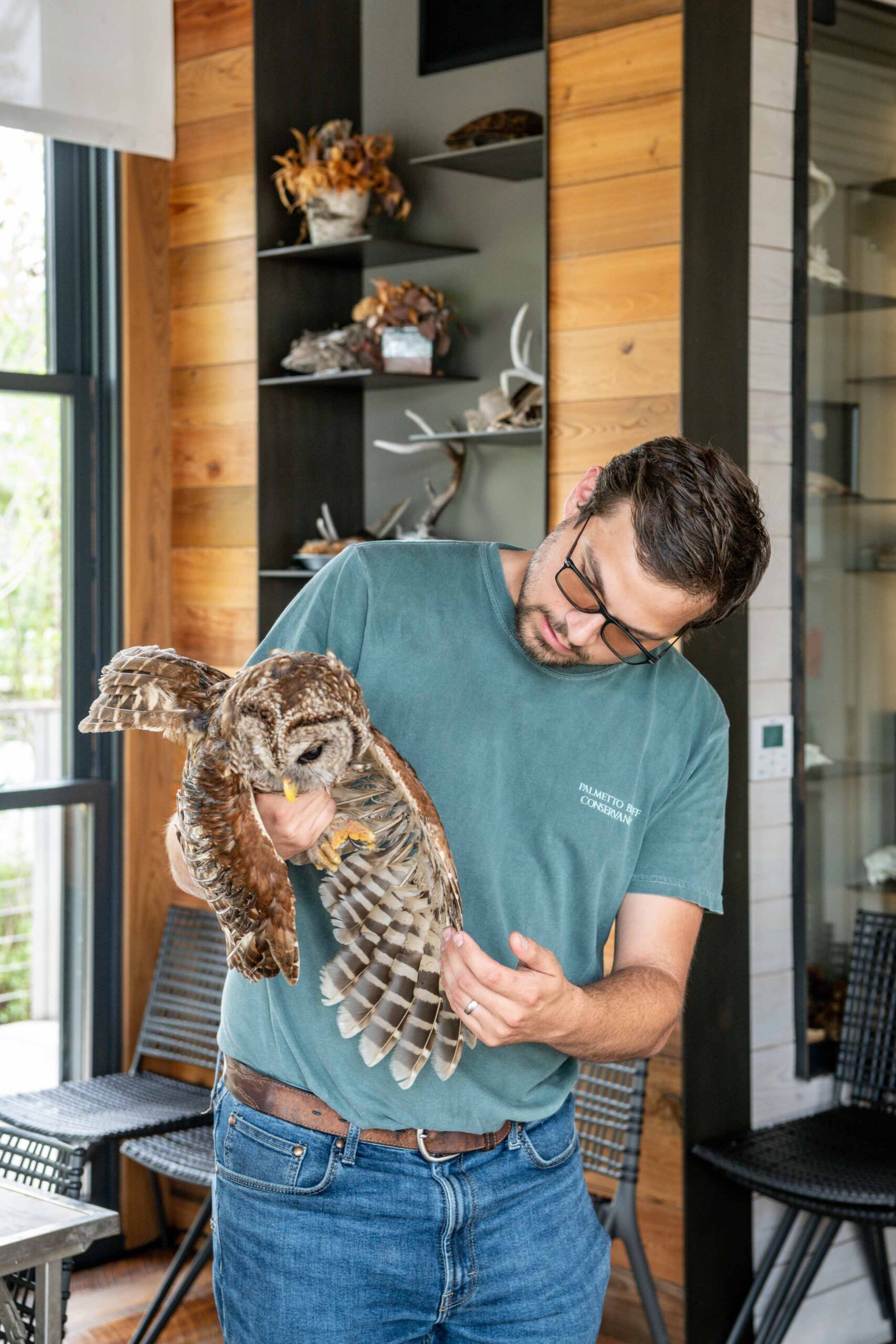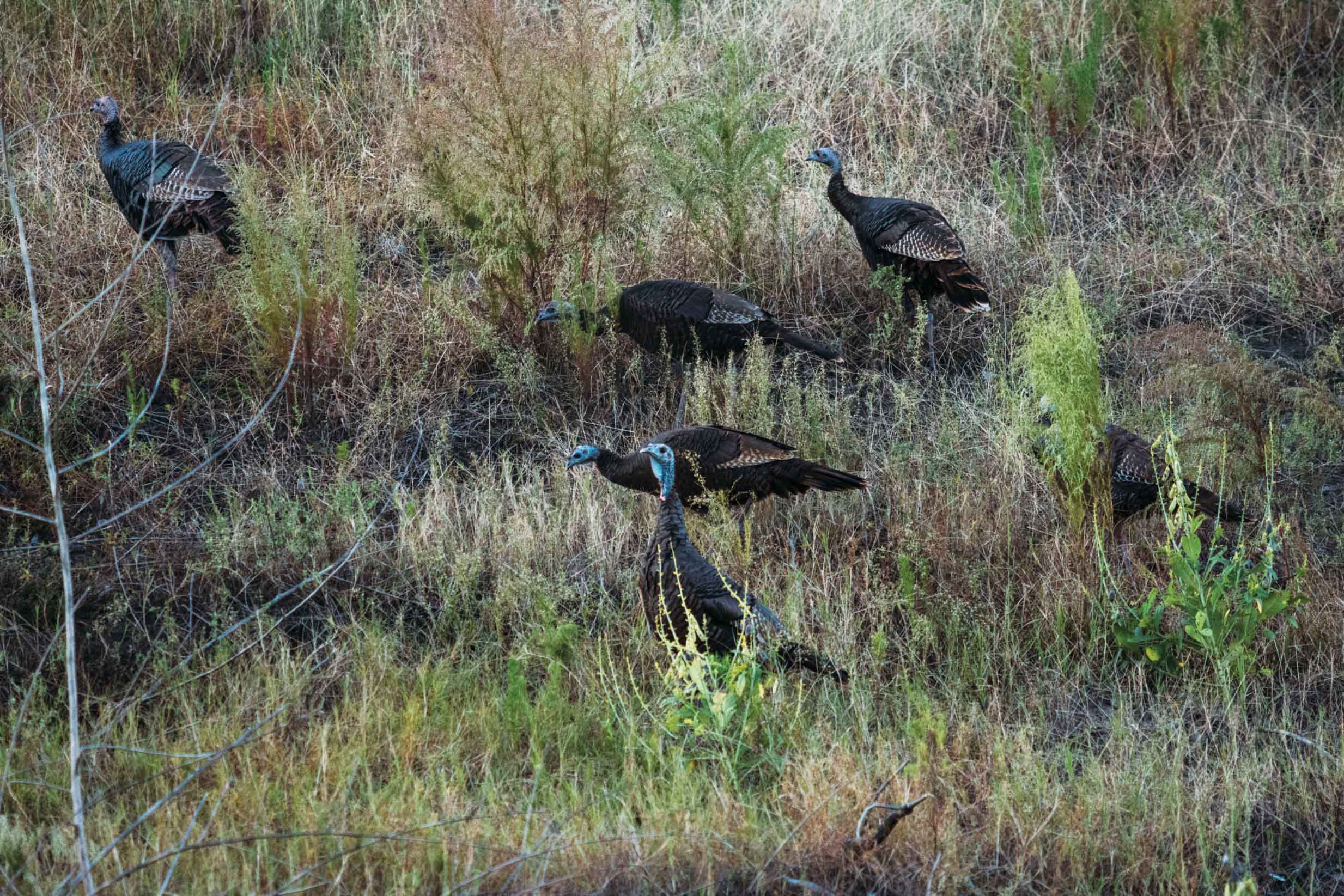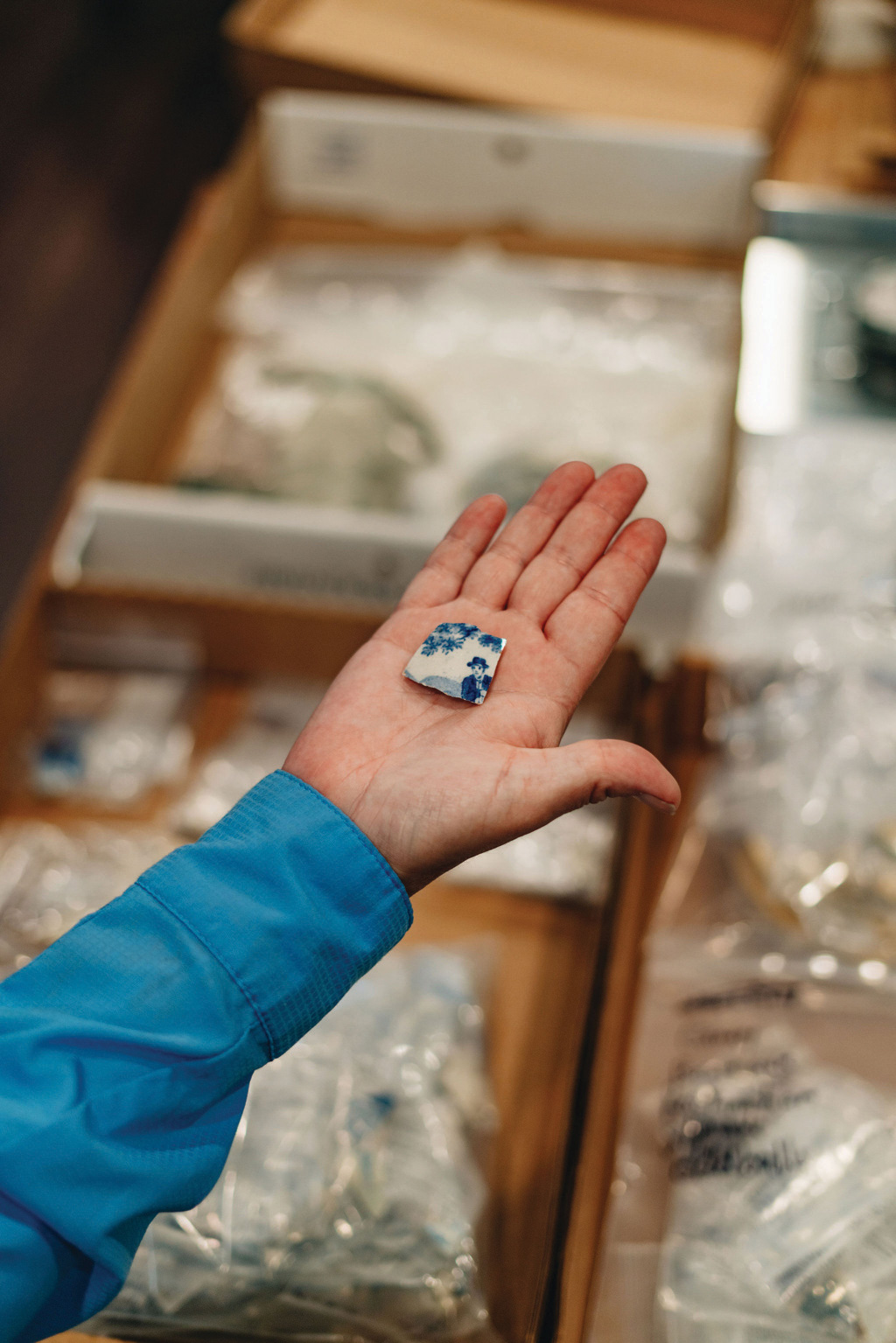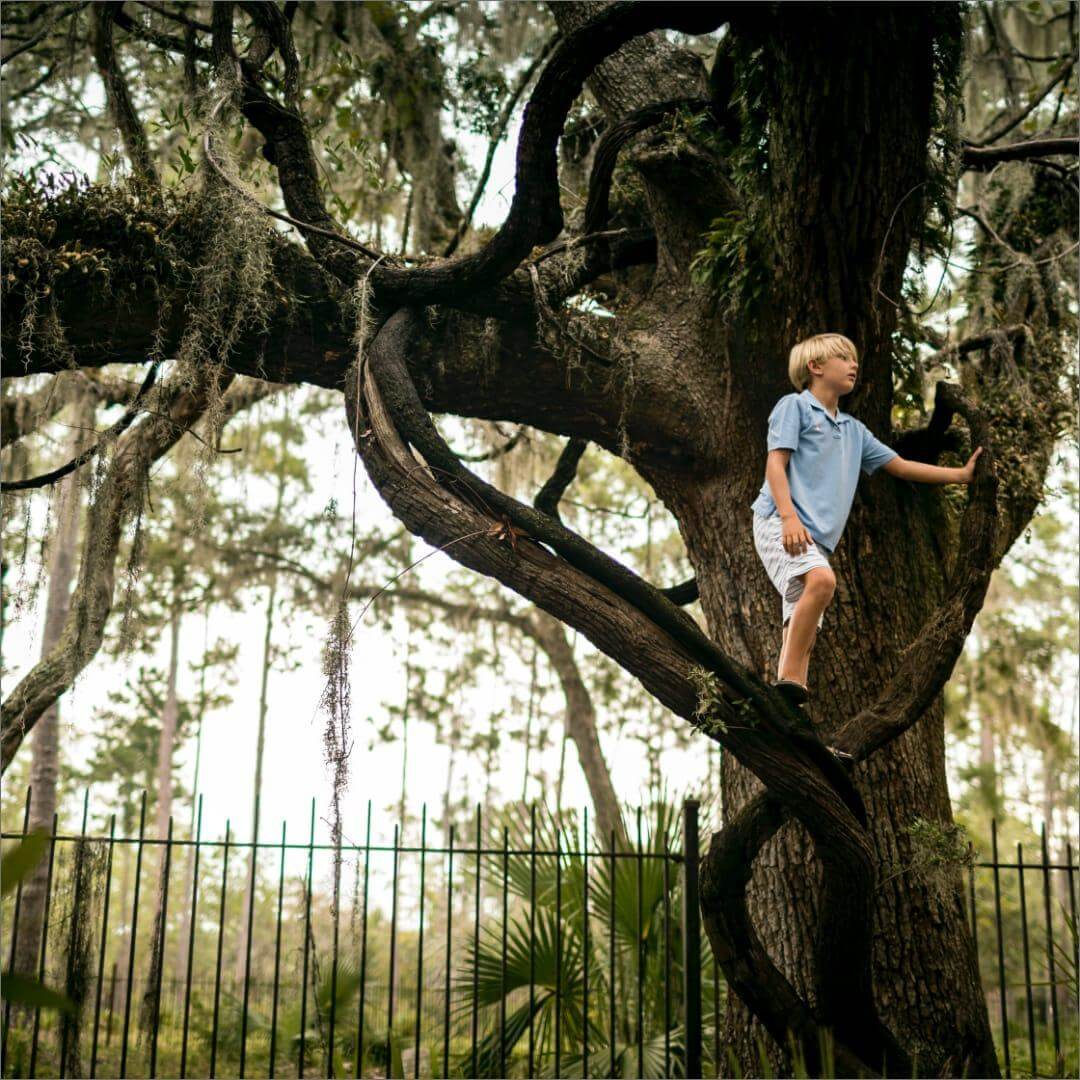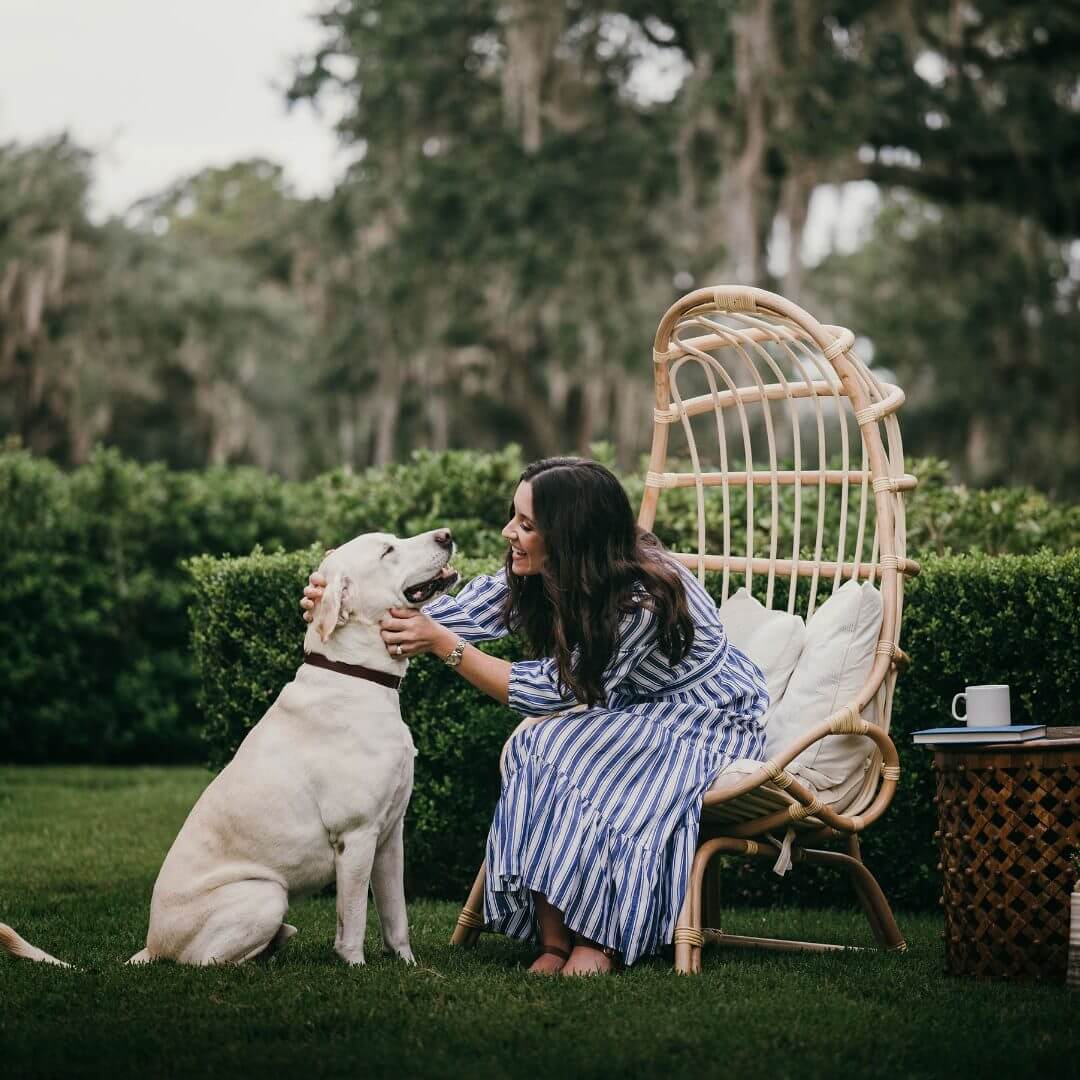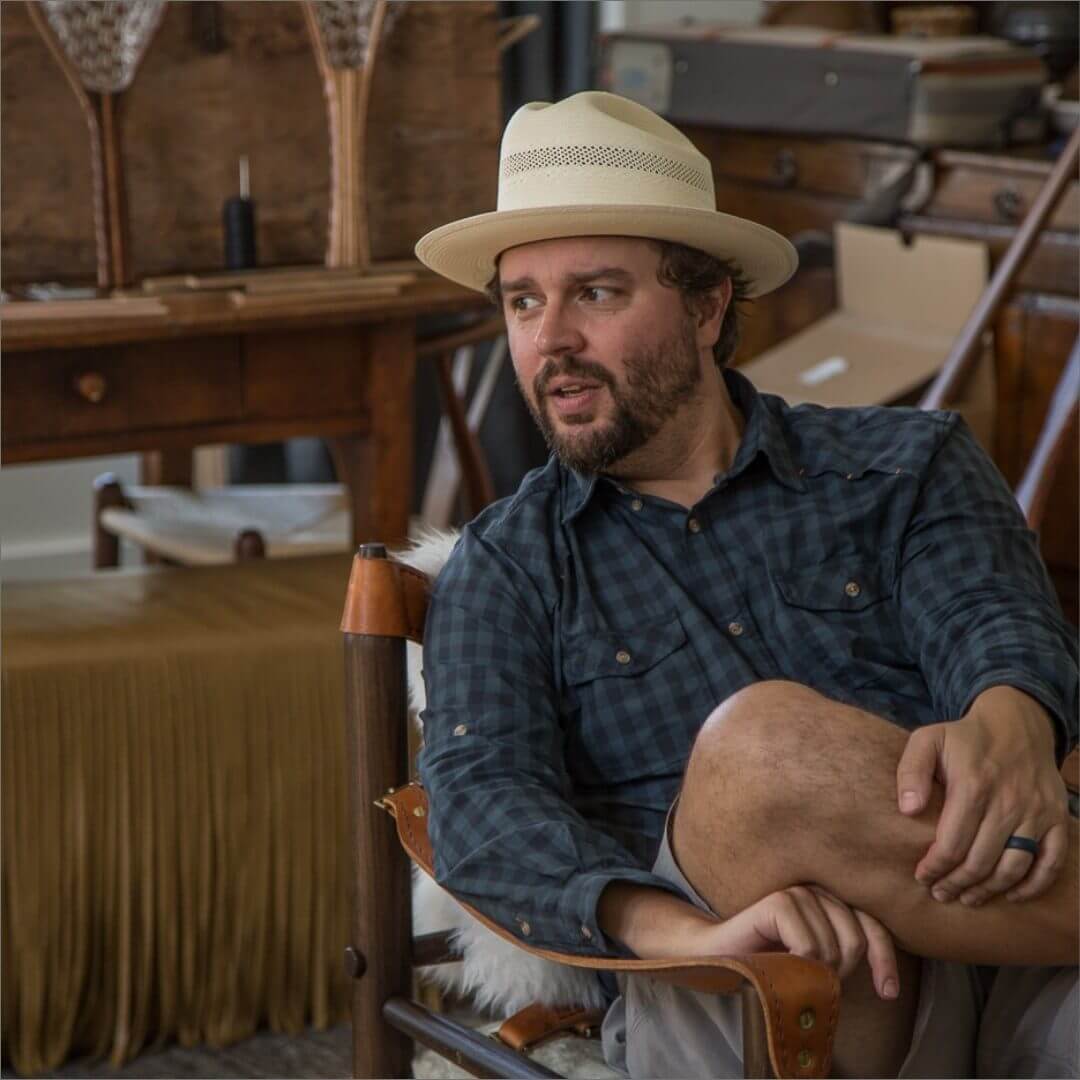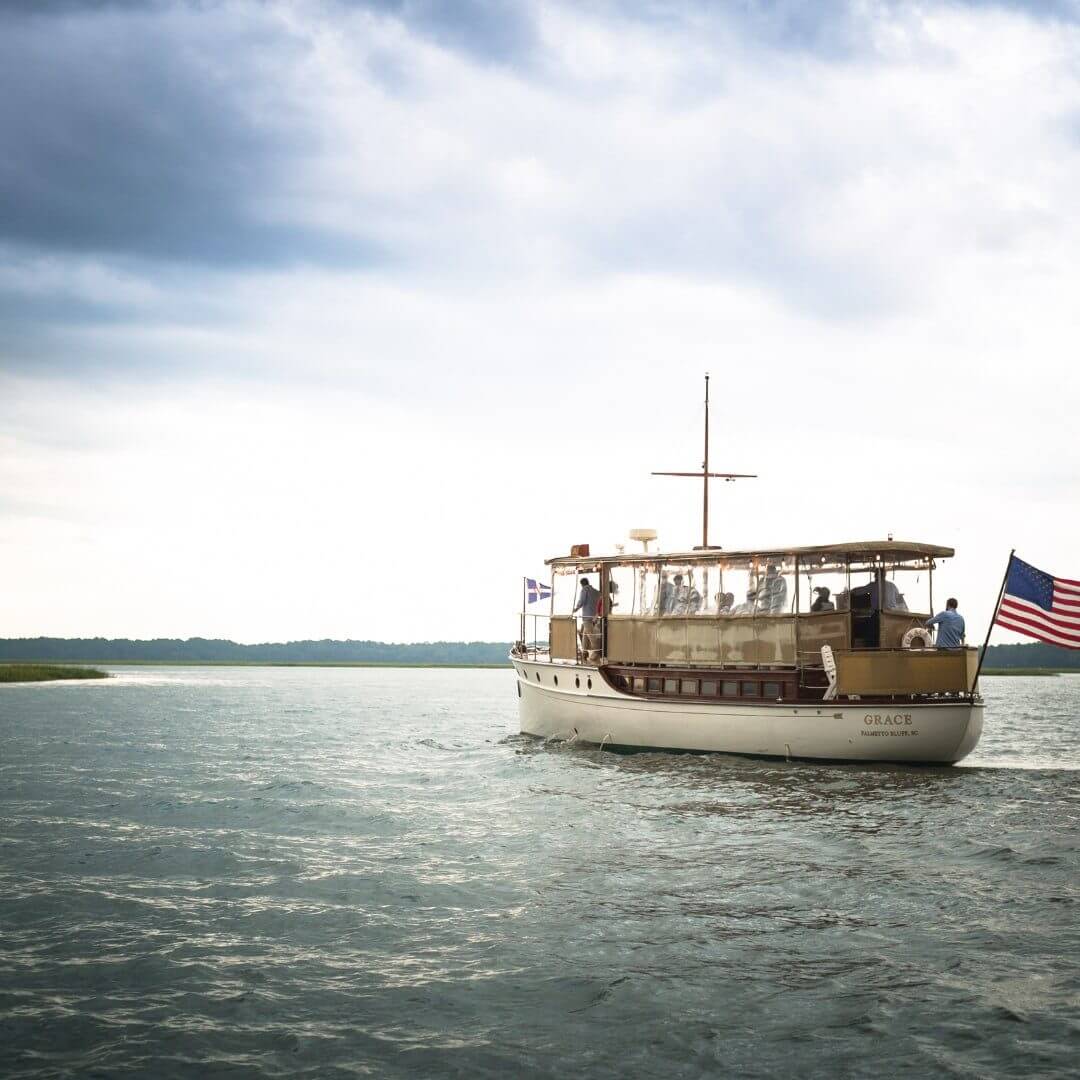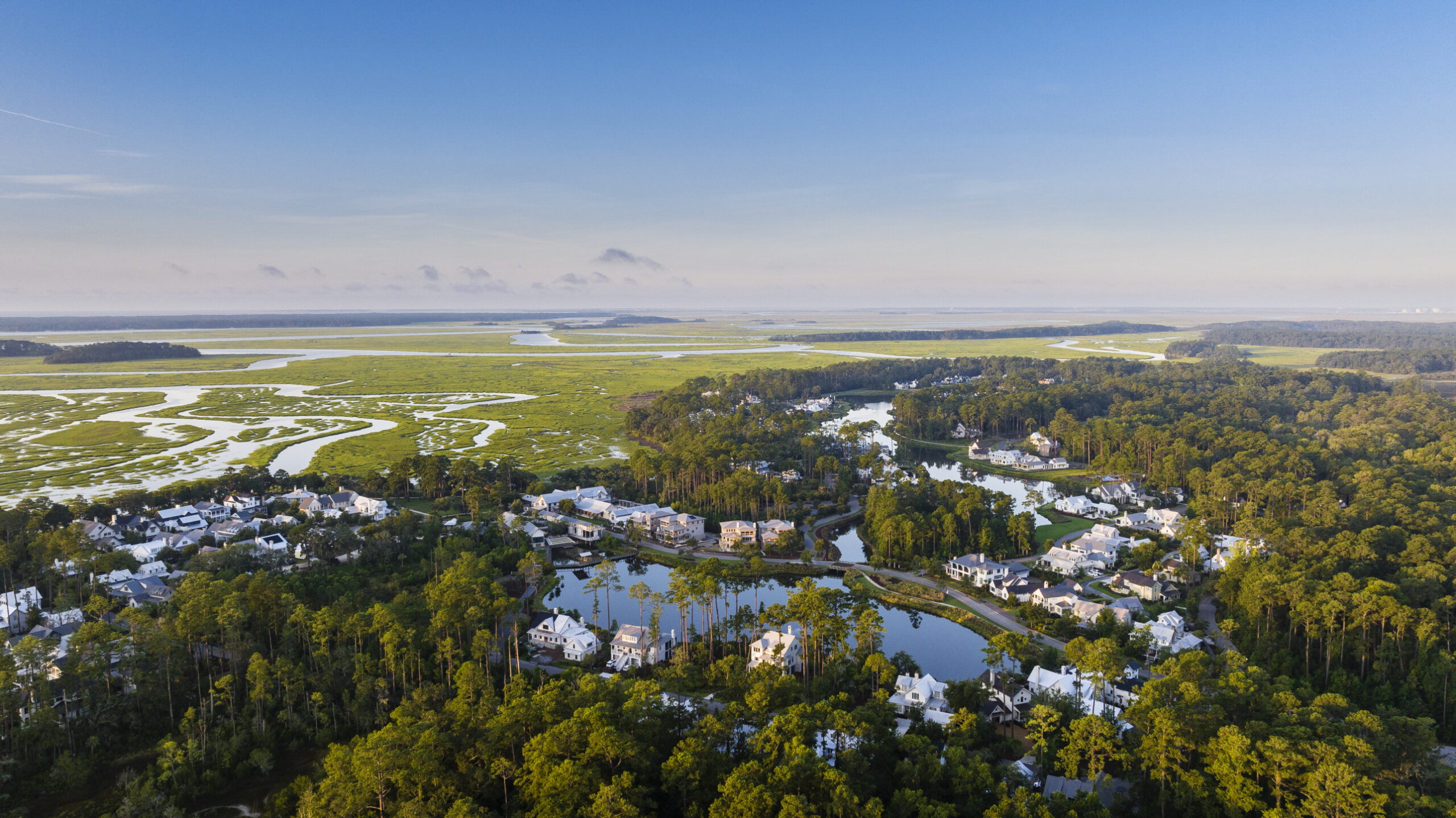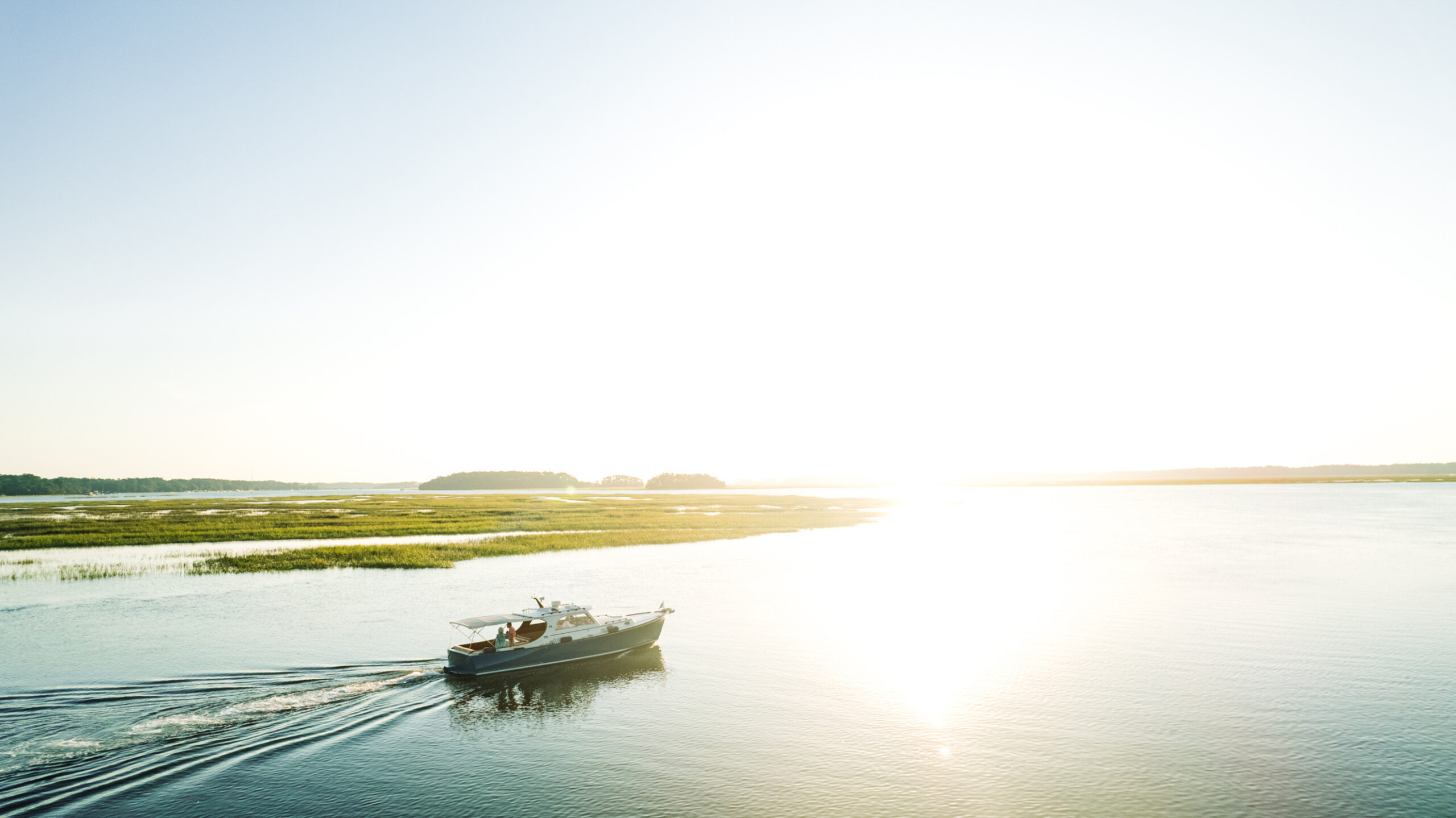Home » Conservancy Home » About
Our Vision
The Palmetto Bluff Conservancy embraces the responsibility to protect and nurture the incredible wildlife that inhabits this great land we call home. We retain and sustain the best qualities of the land—its diverse beauty, its agricultural roots, and its natural resources—and teach an appreciation of what being in the wild means. Through land management, research, and education, the Conservancy team diligently works to ensure that our vision of conservation remains intact.
Meet the Team
James "Jay" Walea
Director of the Palmetto Bluff Conservancy
Jay Walea is the executive director of the Conservancy, where he has worked over 30 years to develop, implement, and manage programs relating to the environment and stewardship. Jay works with all parties to identify and preserve natural resources within Palmetto Bluff’s 20,000 acres.
Brian Byrne
Land and Wildlife Manager
Originally from Dublin, Ireland, Brian Byrne has focused his 30-year career in Agriculture, Horticulture, and Conservation. Working as Palmetto Bluff Conservancy’s Land and Wildlife Manager, Byrne leverages his vast knowledge for the benefit of the unique and habitat-rich environment throughout the 20,000-acres of the Conservancy.
Aaron Palmieri
Conservancy Educator
Aaron began working for the Conservancy as an intern in 2012, helping to monitor bald eagle nests. After graduating from Oregon State with a degree in fisheries and wildlife sciences, Aaron is now the Conservancy educator, working to inform others about the land and wildlife.
In Partnership with Palmetto Bluff Archaeology
Katie Epps
Archaeologist
Katie Epps worked at Palmetto Bluff as a contract archaeologist from 2004-2008 and joined the Conservancy team in 2021. Katie completed her undergraduate studies at the College of Charleston and earned her master’s degree from the University of South Carolina. Katie is responsible for conserving the metal artifacts recovered from the archaeological sites.
Zoe Klauck
Archaeological Technician
Zoe Klauck received her undergraduate degree in Art History with a double minor in Art Studio and Anthropology at the University of South Carolina. She started working at Palmetto Bluff as an intern in 2017 and continued through high school and college. Now as the archaeological technician, she assists with artifact curation, cemetery restoration, and public education.
North American Land Trust
Since 2003, the Palmetto Bluff Conservancy has been a supporting organization of the North American Land Trust (NALT), a non-profit conservation organization whose mission is to conserve and steward natural and cultural resources through innovative land preservation partnerships. NALT works with various partners throughout the U.S. to conserve land using conservation easements, steward properties with advanced monitoring techniques, and enhance land with Conservation Management Plans. NALT Conservation Areas protect wetlands, grasslands, coastlines, forests, freshwater habitats, and their dependent species.
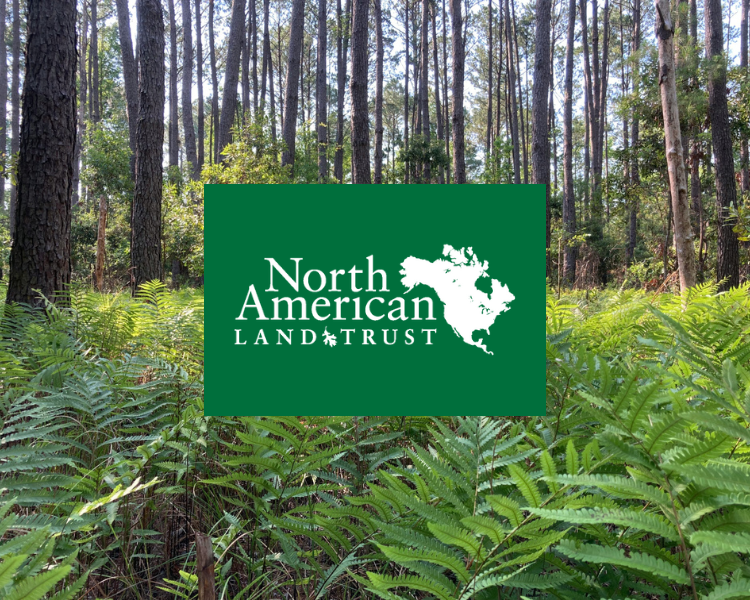
We Appreciate Your Support.
The Palmetto Bluff Conservancy, a 501(c)(3) non-profit, focuses on outreach, education, research, land and wildlife management, and conservation of Palmetto Bluff’s natural and cultural resources. Our team includes land and wildlife managers, a biologist, a full-time educator, and seasonal interns.
Your donation helps us expand our environmental research, conserve resources, and keep our programs free and accessible. Contributions are tax-deductible as permitted by law.
Join Our Newsletter
Stay up to date with the Conservancy’s news and events.

